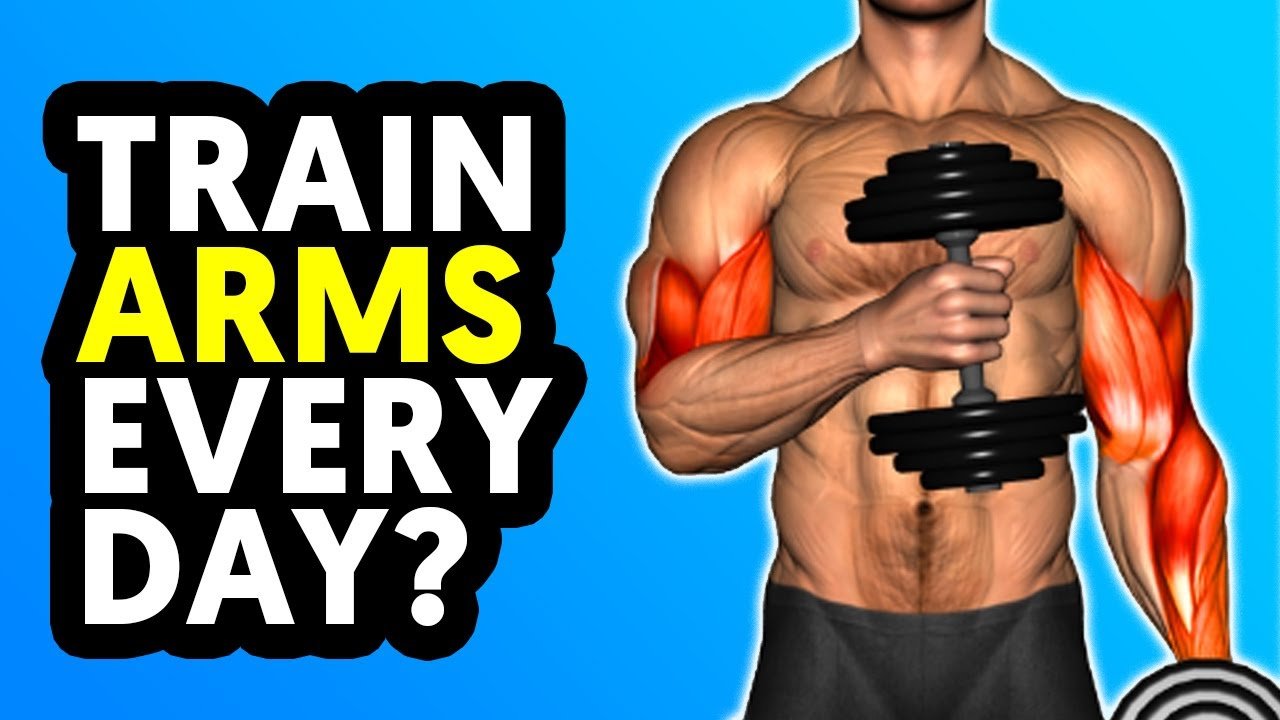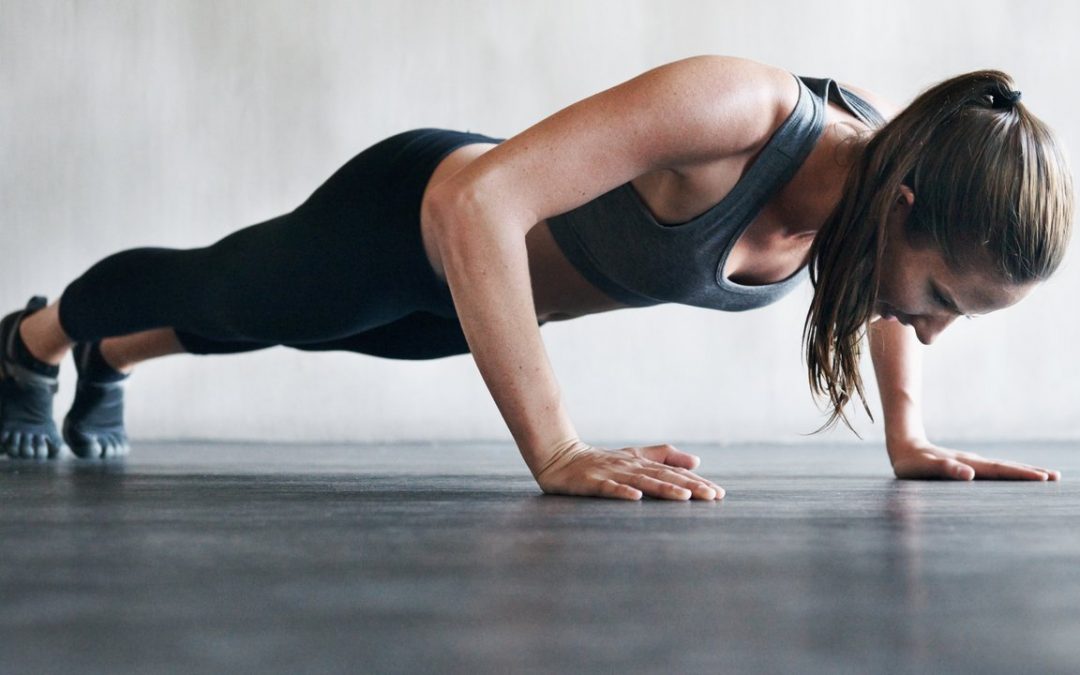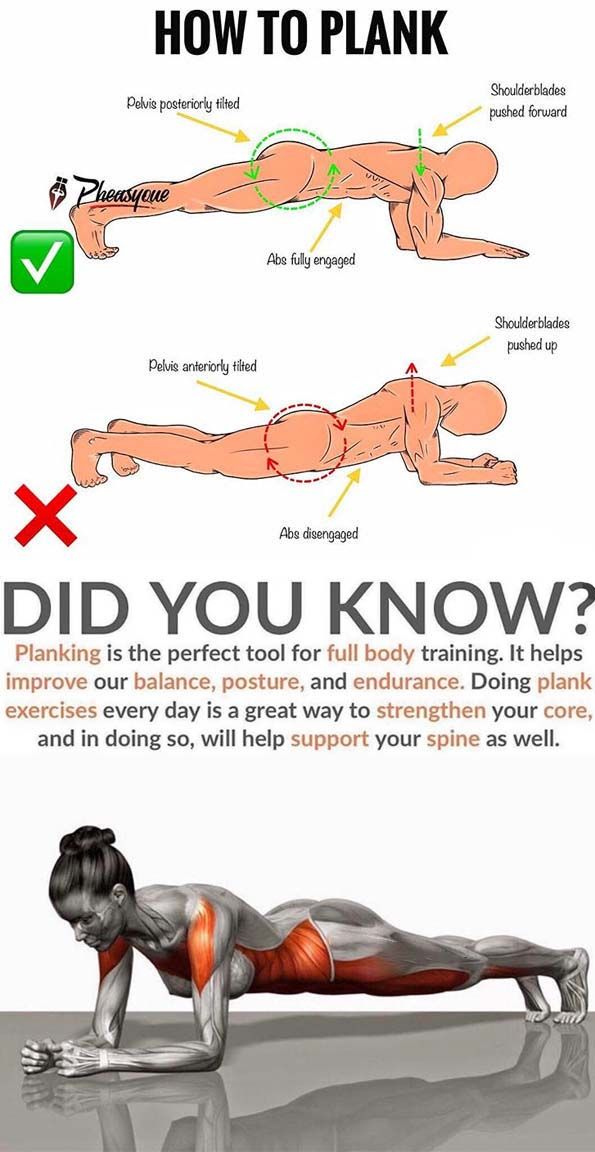Title: The Impact of Isolated Body Part Training: Understanding the Consequences
Meta Tag Description: Explore the effects of exclusively training one part of your body in the US. Discover the potential drawbacks and limitations of this approach to fitness, and gain expert insights to help you make informed decisions about your workout routine.
Introduction:
When it comes to fitness, many individuals strive to achieve their desired physique through targeted exercises. Whether it's building toned arms or sculpting a chiseled core, the allure of isolating specific body parts during workouts is understandable. However, it is essential to understand the potential consequences of exclusively focusing on one area of the body. In this review, we will explore what happens if you only workout one part of your body, shedding light on the impact this approach can have on your overall fitness and well-being.
The Drawbacks of Isolated Body Part Training:
While targeting specific areas of the body can lead to noticeable muscle development, exclusively focusing on a single body part can have several drawbacks.
1. Muscle Imbalances: Training only one part of your body may result in muscle imbalances. This occurs when the targeted muscles become overdeveloped, while the surrounding muscles remain underdeveloped. These imbalances can lead to poor posture, compromised joint stability, and
Is it bad to work out multiple body parts?
There are many ways to structure a strength training program, but many people find it helpful to pair certain muscle groups together. Working out different body parts on different days gives your muscles more rest between workouts and helps you prevent overtraining.
Is it bad to do too many exercises in one day?
It might lead to overtraining.
Overtraining means you've worked certain muscles too much to sufficiently recover and sustain the effort for your fitness goals. Be reasonable about your sets per muscle group within any given day.
Is it bad to hit multiple muscle groups in one day?
And no, there's no such thing as “training too many muscle groups in a single workout.” Full-body workouts work better for some people while for others it's a bit more of a pain in the butt.
How many body parts should you workout a day?
Only train one to two body parts per training day to avoid too much caloric expenditure. Aim for 5-10 reps and 6-8 sets of each exercise. Take plenty of rest in between workouts and never train a muscle group that is sore, and if you're feeling sore, try out foam rolling for recovery.
Is 3 full-body workouts too much?
Allowing your body at least 1 day to recover between each full-body workout is key, so three sessions per week is a good baseline to start with.




You only get one body. Treat it right! #workout pic.twitter.com/ZAPendnBnn
— COMMON (@common) August 20, 2015
Is it good to workout the same body parts everyday?
Performing the same routine every day can lead to excess soreness or strain. Using the same muscle groups over and over again doesn't leave any time for your muscles to repair and grow. I recommend alternating days training different muscle groups so that you give your body time to recover.
Frequently Asked Questions
How many times a week should I workout a part of my body?
A more optimal training frequency
“It can therefore be inferred that the major muscle groups should be trained at least twice a week to maximize muscle growth; whether training a muscle group three times per week is superior to a twice-per-week protocol remains to be determined.”
What happens if I only workout my upper body?
However, over time, your muscle cells can shrink while your fat cells will enlarge. This can cause you to look and feel less fit and muscular. If you regularly work your upper body without focusing on your legs, you may end up with a body that's out of proportion.
Why do some people only train upper body?
Because they decide to focus on showpiece muscles, with more effort put into upper than lower body, more into bench press than pullups/downs, and more into bicep curls than tricep extensions.
What happens if you only train upper body and not legs?
You'll Have a Harder Time Building Muscle
The benefits of leg day aren't just exclusive to your lower body. It can actually help grow your upper body too, which is another reason why you should never skip leg days. When you workout, you increase growth hormone and testosterone levels in your body.
Can you work out full upper body?
Bent-Over Barbell Row
You'll then push the barbell downward and upward as straight as possible at a perpendicular angle. Performing this workout will strengthen your back and build your biceps, triceps, and shoulders with diagonal movement that will work out the entire upper body.
FAQ
- Is it OK to skip leg day?
- It can be tempting to skip “leg day” when the results from your upper body and core workouts are more noticeable. But it's essential to work all muscle groups for your overall health and well-being, says Marquese Stallworth, EP-C, a Piedmont exercise physiologist.
- Is it good to work out all muscles in one day?
- I recommend alternating days training different muscle groups so that you give your body time to recover. Doing too much of any type of exercise, without adequate rest time, runs the risk of causing pain or injury.
- Can I work out all my muscles at once?
- As you said, one way to avoid overtraining is to work muscle groups on separate days. You could also exercise all the muscle groups at a single workout, but just not at maximum intensity at every workout.
- What happens if you workout all day?
- “Overtraining can lead to overuse injuries such as muscle strains, stress fractures or tendon injuries.” Plus, when you exercise too much, you may lose your motivation or simply no longer enjoy your sports or workouts,” said Amy Jo Overlin, MD, a sports medicine physician at Banner Health in Phoenix, AZ.
- Is it good to do a full body workout?
- The main goal of a full-body workout is to target all of your muscle groups to efficiently and effectively promote muscle growth. Whether you're a bodybuilder of any level, are underweight, or want to build muscle following an injury or illness, a total-body workout can help you gain muscle and strength.
What happens if you only workout one part of your body
| Is full body better than split? | While full-body workouts have a wide range of benefits, a split workout regimen may be the best choice if your goal is to increase mass. Because a split workout allows for increased intensity, volume, and recovery time for each muscle group, it is more conducive to building muscle mass. |
| How do you not tear a muscle when working out? | Stretching reduces tension in muscles, provides a better range of motion, promotes better circulation, improves flexibility, and can lead to increased energy levels. Performing a slow, deliberate stretch for each muscle group will help prevent pulled muscles throughout the course of the workout or game. |
| Will I get ripped if I workout everyday? | You do not need to work out every day to get ripped. In fact, you shouldn't. Your body builds muscle while you're resting, not while you're workout out. I recommend taking at least one full rest day per week (if not two). |
| Do your muscles tear every time you work out? | Although exercising, in its many forms, is good for your body, your muscles are being assaulted during your workout. When you exert stress on your muscles, it damages the muscle fibers, causing micro-tears. At the same time, your muscles are producing lactic acid, and it builds up. |
| What parts of my body should I workout each day? | Below is the common workout split example:
|
- Can you tear a muscle by lifting?
- Lifting weight that is outside your capacity can quickly tear a muscle. As for running over long distances on the treadmill, the same idea stands. Knowing your limits and going at a sustainable pace will put your leg muscles at a much lower risk of injury.
- Is it OK to just do upper body workout?
- Only for upper body is not acceptable. You can do upper body workouts along with full body workouts. Because upper body workouts will provide exercises for one area of a body. As fitness trainers we do not recommend doing exercises only for a specific area.
- What happens if you only workout lower body?
- Increased lower body strength: Focusing solely on leg workouts can lead to significant increases in lower body strength, power, and endurance. Better balance and coordination: Leg exercises, such as squats and lunges, require a great deal of balance and coordination, which can be improved through consistent training.
- How many days a week should I train upper body?
- 2 days a week Upper body: At least 2 days a week Your abs, back, shoulders, arms, and chest need some muscle-building action at least 2 days a week too. To work on your biceps, triceps, deltoids, pecs, and abs, consider busting out the following moves: overhead press.
